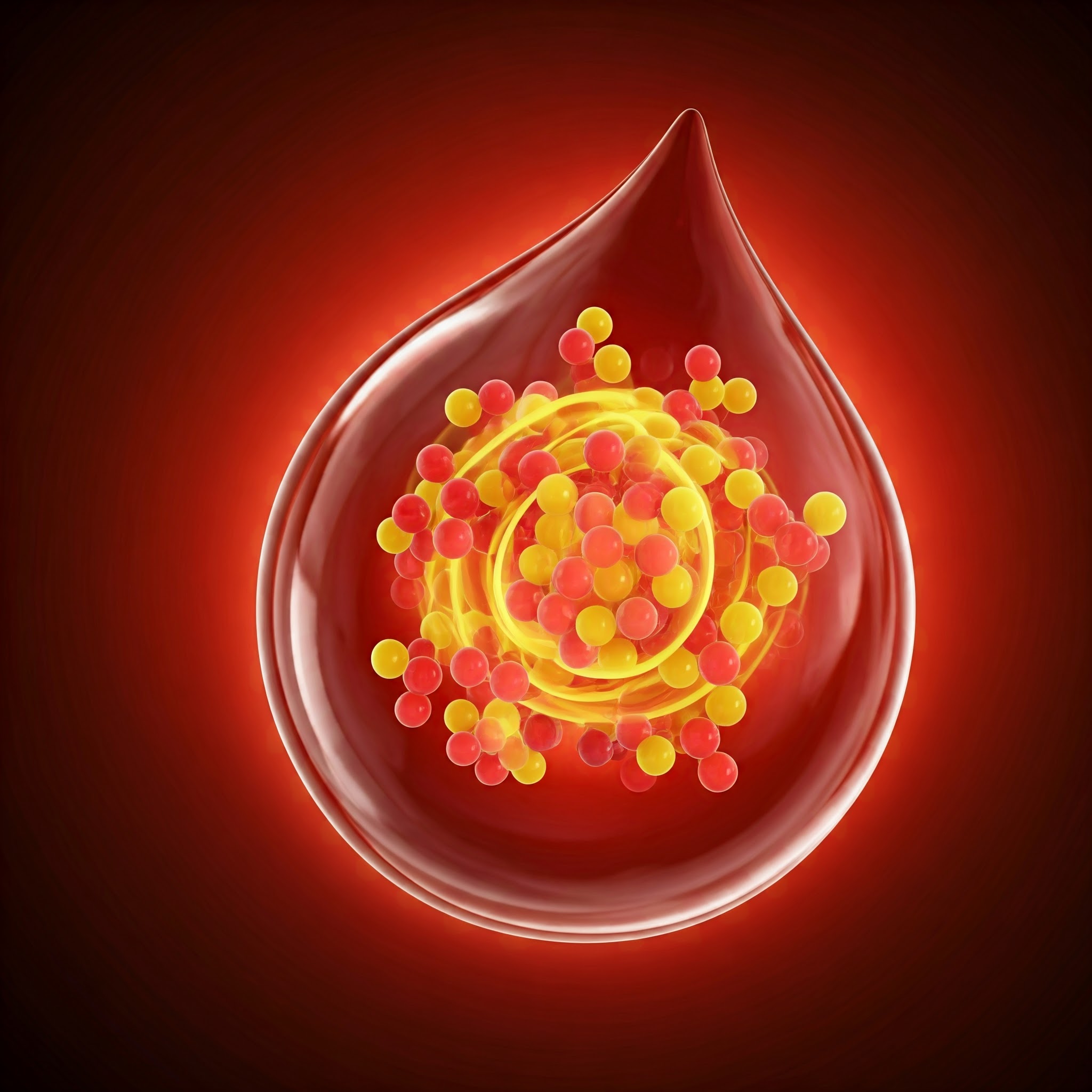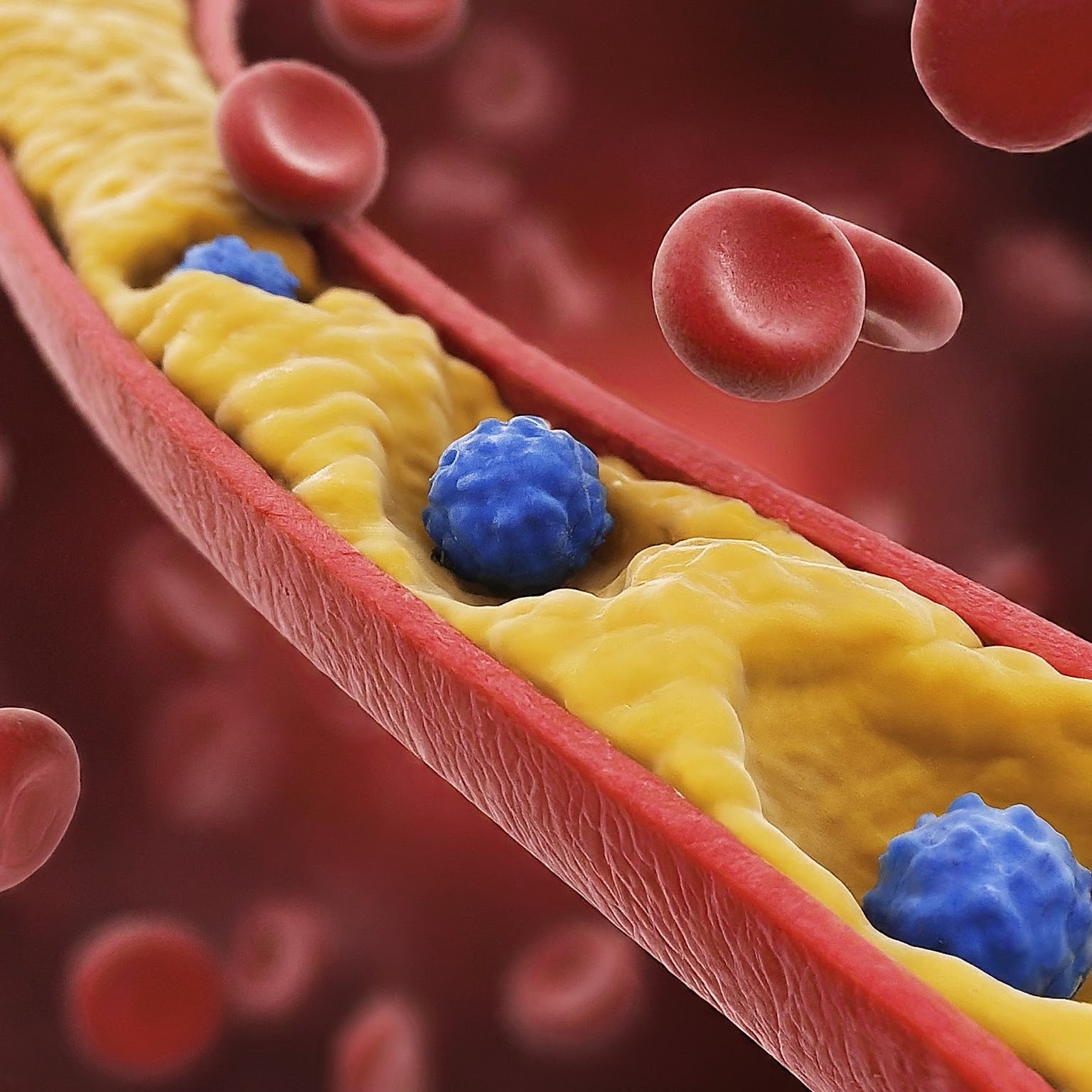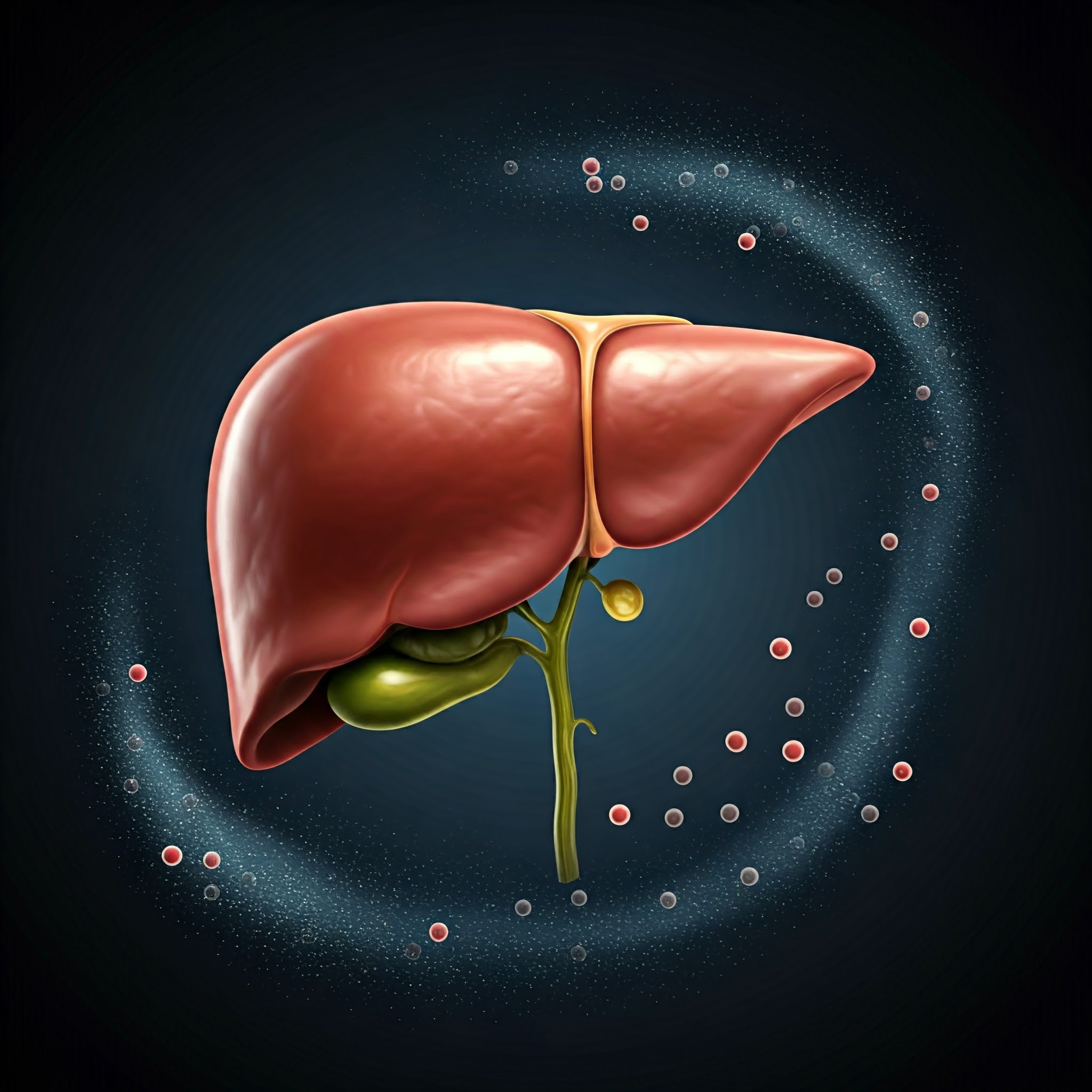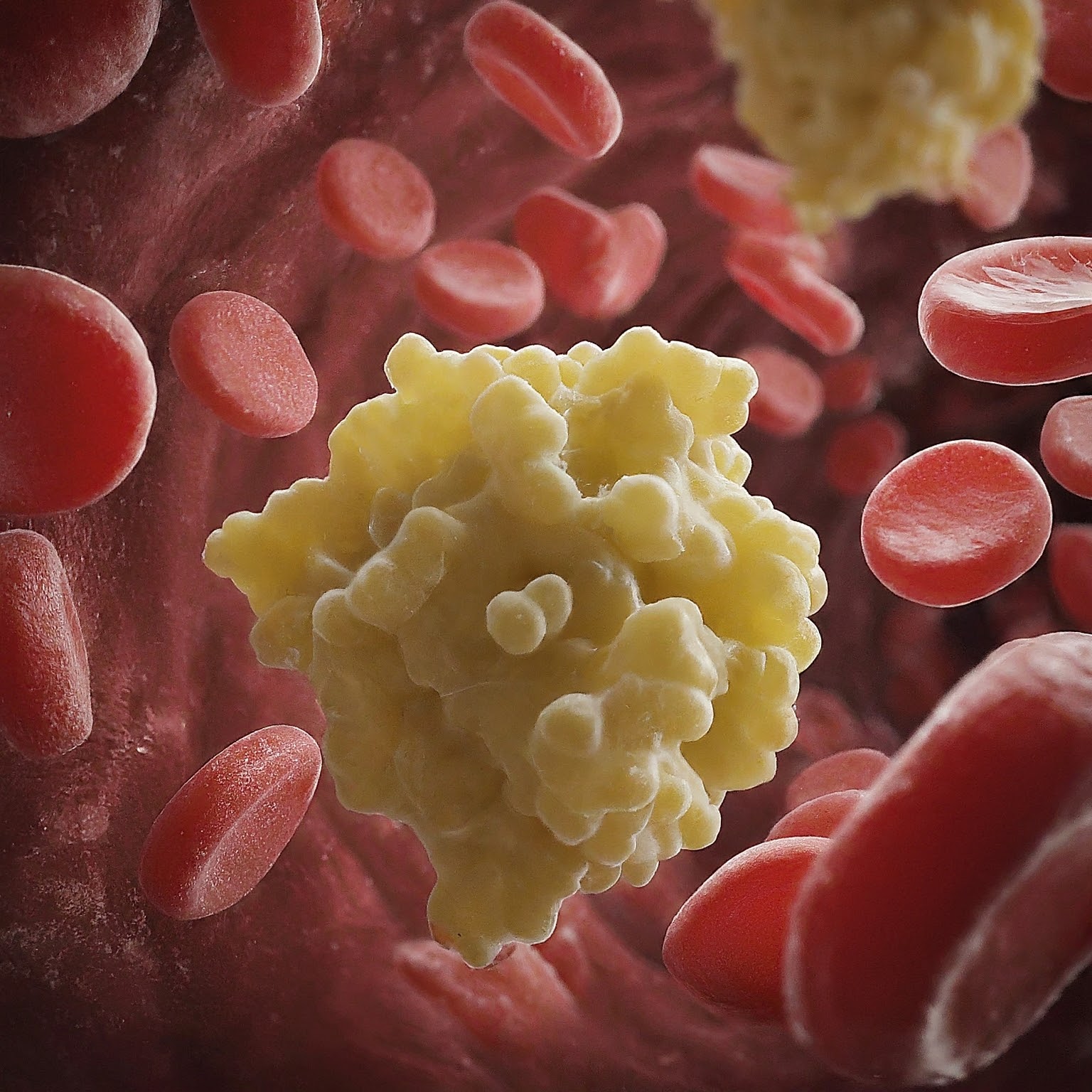What are Triglycerides?
Triglycerides are a type of fat found in your blood. They are the primary way your body stores energy. When you eat more calories than you burn, your body converts excess carbohydrates and fats into triglycerides and stores them in your fat cells.
Benefits of Triglycerides
While high triglyceride levels can be harmful, having a moderate amount is essential for good health. Triglycerides provide energy for your body, especially during periods of fasting or intense activity. They also help to protect your organs and insulate your body.
High Triglycerides: A Health Risk
Elevated triglyceride levels can increase your risk of heart disease, stroke, and other health problems. High triglycerides often go hand-in-hand with other health conditions, such as obesity, type 2 diabetes, and high blood pressure.
Causes of High Triglycerides:
- Diet: Consuming excessive amounts of saturated and trans fats, refined carbohydrates, and sugary drinks can raise triglyceride levels.
- Lifestyle: A sedentary lifestyle, excessive alcohol consumption, and smoking can also contribute to high triglycerides.
- Medical conditions: Certain medical conditions, such as diabetes, hypothyroidism, and kidney disease, can affect triglyceride levels.
Low Triglycerides: Less Common but Still Concerning
While high triglycerides are more common, low triglyceride levels can also be a concern. Extremely low triglycerides can sometimes indicate underlying health problems, such as malnutrition or liver disease.
How to Manage Triglycerides
If you have high triglycerides, there are several lifestyle changes and medical treatments that can help you manage them.
Lifestyle Changes:
- Healthy diet: Choose lean proteins, whole grains, fruits, vegetables, and healthy fats. Limit saturated and trans fats, refined carbohydrates, and sugary drinks.
- Regular exercise: Aim for at least 30 minutes of moderate-intensity exercise most days of the week.
- Weight management: Losing weight can significantly lower triglyceride levels.
- Limit alcohol consumption: Excessive alcohol intake can raise triglyceride levels.
- Quit smoking: Smoking can contribute to high triglycerides and other health problems.
Medical Treatments: In some cases, lifestyle changes alone may not be enough to lower triglyceride levels. Your doctor may prescribe medications, such as fibrates or statins, to help manage your triglycerides.
Conclusion Triglycerides are a vital component of your body’s energy storage. While high triglyceride levels can increase your risk of certain health problems, maintaining a healthy balance is essential for overall well-being. By making healthy lifestyle choices and seeking medical advice when needed, you can effectively manage your triglyceride levels and improve your heart health




